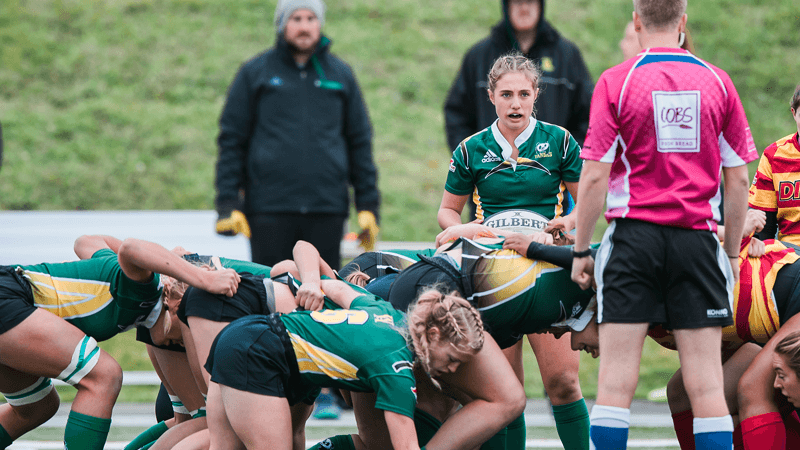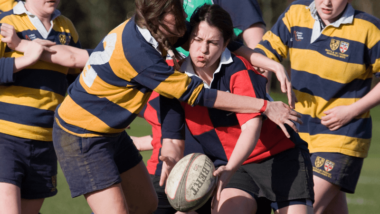Rugby’s governing body in Australia must intervene to stop biological men from playing the women’s game, a senior politician has said.
Senator Claire Chandler issued the demand after international regulator World Rugby admitted its transgender policy and current practice were “not fit for purpose”.
An official report recognised that biological males are stronger, heavier and faster and pose a significant risk of injury to females in a tackle.
Women’s sport
World Rugby currently allows men to play in the women’s game after twelve months of testosterone reducing treatment.
But in an interview with Daily Mail Australia, Senator Chandler said: “Women’s sport was invented for people of the female sex”, adding “any suggestion that it is somewhat provocative or controversial to articulate this view I think is pretty ludicrous”.
She stated: “I think it’s disturbing that in the space of a few years we’ve gone from everybody accepting that women’s sport is for women to a situation where women are expected to accept that there might be biological males playing against them.”
She told Rugby Australia it needed to “look at the research that’s within the report, adopt the findings and prioritise women’s rugby being for women”.
‘Clear safety risk’
The report by World Rugby says that the latest research shows that a reduction of testosterone “does not lead to a proportionate reduction in mass, muscle mass, strength or power”, presenting a “clear safety risk”.
It calculates that players who are born as men “are stronger by 25-50%, are 30% more powerful, 40% heavier, and about 15% faster” than women playing in the same competitive matches, and estimates “at least a 20-30% greater risk” of a female player being injured if tackled by a biological male.
Rugby Union already has one of the highest incidence of reported injuries in professional team sport.
World Rugby to ban men from women’s game because of ‘significant injury risk’
300 female athletes sign letter defending ‘integrity of women’s sports’
Olympic legend Daley Thompson: ‘Patently unfair’ for men to compete in women’s events


